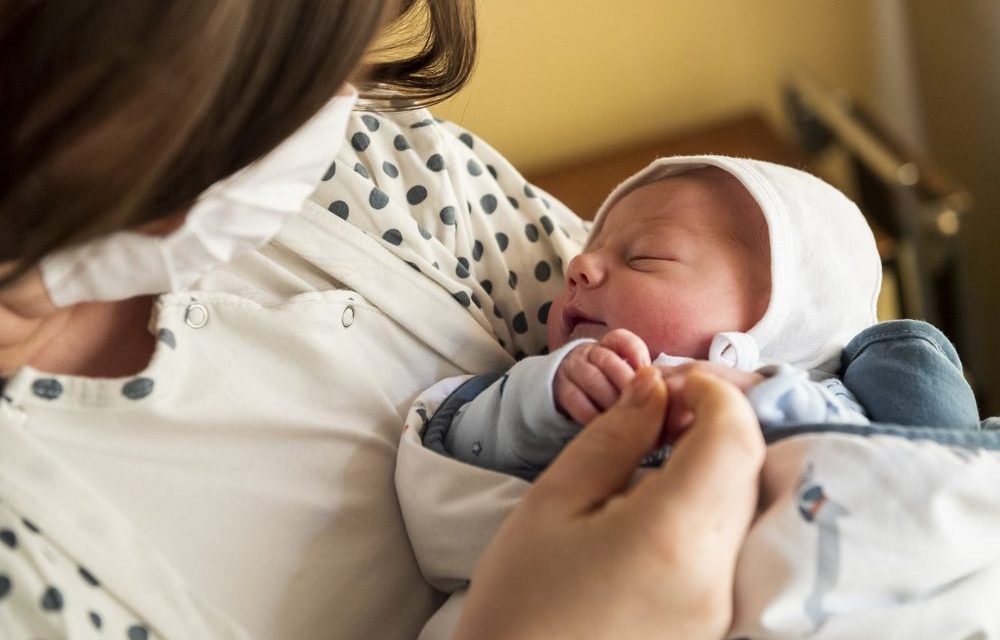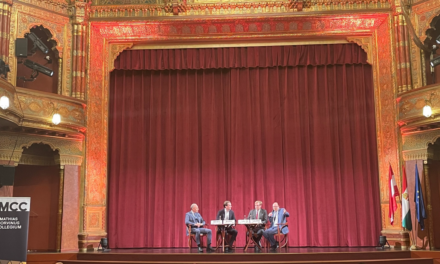Using the example of a new mother, the author tries to illustrate how, basically, in the 21st century dominant narrative about motherhood, according to which women have a talent for motherhood given by nature, how rarely does the series of spiritual battles and struggles with which the mother has to cope after the birth of the child appear you have to deal with in the immediate period, and which in many cases can lead to more serious health problems, such as depression, writes Chelsea Conaboy in her article .
Various researches have proven that postpartum sadness (baby blues) is closely related to the hormonal changes that occur in the mother's body in the period after labor. New mothers can become capricious, tearful, and irritable, but since most of them are surprised by this negative change in state, they cannot even prepare for it and are just confused; because now that the long-awaited newcomer has finally arrived, they should swim only in joy and happiness.
According to Conaboy, the current cultural fixation only communicates rapturous ideas about the joys of new motherhood. The formula is simple: there is a woman who can immediately understand and satisfy all the needs of her child, and she does it all by herself.
According to the author, the culture of the 21st century is now too biased towards motherhood. In Conaboy's view, the idea that the altruism and tenderness that babies require is uniquely hardwired into women's biology and activated at the push of a button,
a modern and harmful idea.
The journalist believes that this wrong model has been created by men for decades, distracting attention from the fact that it is not easy for a mother to become a parent.
Conaboy says that new research on the parenting brain makes it clear that the idea of maternal instinct as innate, automatically coded information is just a myth that has remained firmly entrenched in public discourse despite the best efforts of feminists.
According to the author of the article, despite the fact that nowadays more and more people proclaim that motherhood is neither a duty nor a destiny, and that a woman's life does not remain unfulfilled or incomplete without a child, the feeling of happiness brought to the surface by motherhood is still often referred to in scientific writings and also in parenting counseling, as for the greatest possible joy in a woman's life.
A journalist for The New York Times notes that belief in maternal instincts and the deterministic value of maternal love has fueled "family-friendly" conservative politicians for decades. And this "misconception" plays a big role in the opposition to birth control and abortion, because why should women limit the number of children they have, if they naturally find joy in motherhood.
The myth of maternal instinct puts biological mothers first, labels fathers second-rate, and encourages mothers to view them as such.
Undermine the rights and recognition of same-sex couples and transgender and non-binary parents,
whose ability to care for their children is often questioned.
Conaboy emphasizes the undifferentiated recognition of parents and believes that it is important for us to accept the fact that babies are never solely dependent on their mothers for survival.
Becoming a parent is accompanied by a large-scale transformation of the processes taking place in the human brain, and it represents a new phase of development that takes a long time to complete and that involves serious adaptation and a lot of risks.
Source: hirado.hu
Photo: MTI/Márton Mónus












